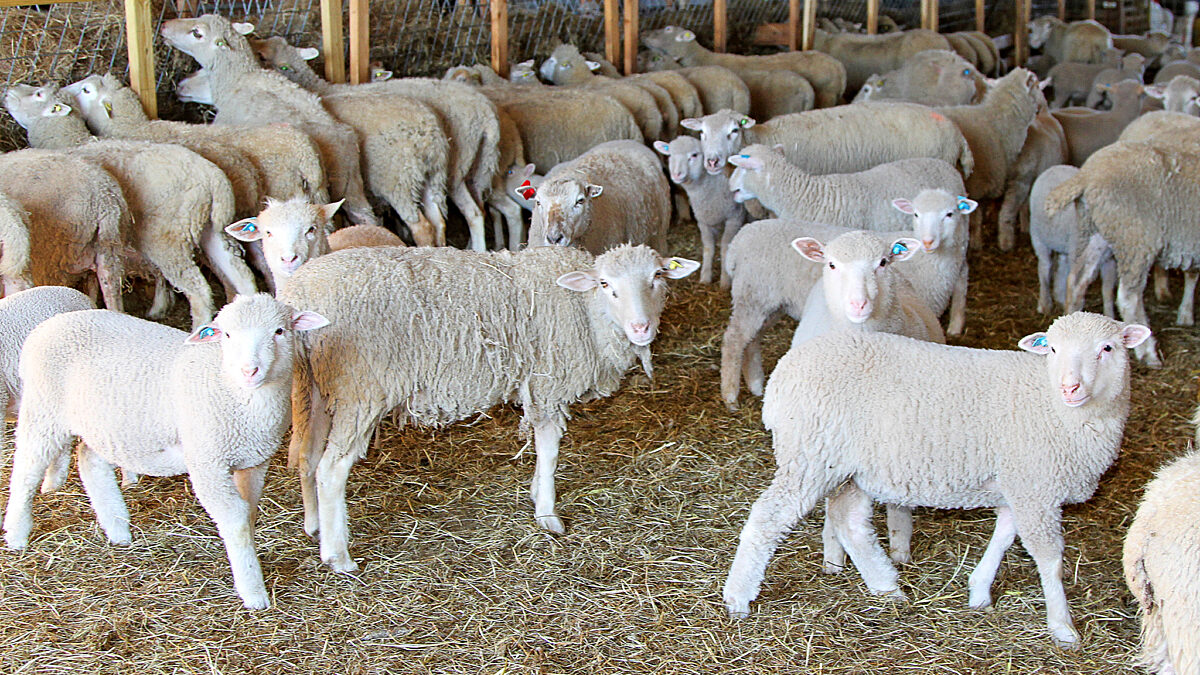Animal Health Top Concern for Farmers, Veterinarians
Guest Author
Special Contributor to FB.org

photo credit: Alabama Farmers Federation, Used with Permission
Guest Author
Special Contributor to FB.org
A few weeks ago I attended a college reunion. It was fun and refreshing to see friends from years ago. Although I returned home feeling fine, apparently the stress of traveling combined with being around a new group of people was too much for my immune system. A few days later, I was sick. Luckily it was a viral infection and I quickly recovered, but not all illness clears up without medication. Both humans and animals get sick, and sometimes recovery requires antibiotics. On the farm, the age of the animal, time of year, weather conditions, pen changes and other stressors can all contribute to the need to use medications to treat sick animals. Withholding treatment from an ill animal is poor husbandry and could be considered animal cruelty.
It frustrates me to see advertisements and labels on meat and dairy products that claim they are "antibiotic-free." All meat and milk that enters the food chain is antibiotic-free due to antibiotic withdrawal periods. I am concerned that companies making these claims, like Chipotle, Panera, Chick-Fil-A and McDonald's, are putting unreasonable demands on farmers and ranchers. In fall of 2015, Subway elevated its previous antibiotic policy to state that the company's U.S. restaurants will only serve animal proteins that have never been treated with antibiotics. Since that time, the policy has been rewritten to state: "Our policy is that antibiotics can be used to treat, control and prevent disease, but not for growth promotion of farm animals." This revised statement is much more attainable and is better welfare for sick animals.
Concern about use of antibiotics in animals is hitting farmers and ranchers from all sides.
The Food and Drug Administration released a revised Veterinary Feed Directive that went into effect October 1, 2015, and the final phase-in will be completed in December 2016. The VFD has two goals. First, the FDA does not feel that using antibiotics medically important (to humans) for growth promotion is judicious use, so this practice will be stopped. The pharmaceutical industry voluntarily removed the growth promotion indications from the labels of products. Extra label use of antibiotics in feed is illegal, so this voluntary action takes away the ability to feed medically important antibiotics for growth promotion.
Secondly, the FDA established veterinary oversight for the use of medically important antibiotics in feed or water. A VFD works similarly to other prescriptions used in veterinary medicine. A veterinarian will need to have a valid veterinary client patient relationship to write a VFD for a farmer or rancher. These rules apply to all medicated milk replacers and medicated bagged feed as well, creating a large impact on 4-H and FFA members and producers that purchase small amounts of feed at one time.
In order to maintain the health of your animals, it is extremely important to develop a relationship with a veterinarian. As agriculturalists we want what is best for the animals under our care. Working with veterinarians and other experts to determine the best way to integrate vaccines, biosecurity, animal flow, environmental management, culling and diagnostic testing on farms and ranches is the first step to controlling disease and lowering the use of antibiotics. Antibiotics are just one important tool in our toolbox to ensuring we raise healthy animals. If you currently use medicated feeds or use antibiotics in water, contact your veterinarian now so that you are both prepared for the changes coming so the health of your animals can be maintained. Remember: Healthy animals = healthy food!
Elizabeth Quesnell Kohtz is a dairy veterinarian and fifth-generation farmer. She and her husband Steven manage a farm in Twin Falls, Idaho, where Elizabeth also serves as Twin Falls County Farm Bureau president.
Trending Topics
VIEW ALL